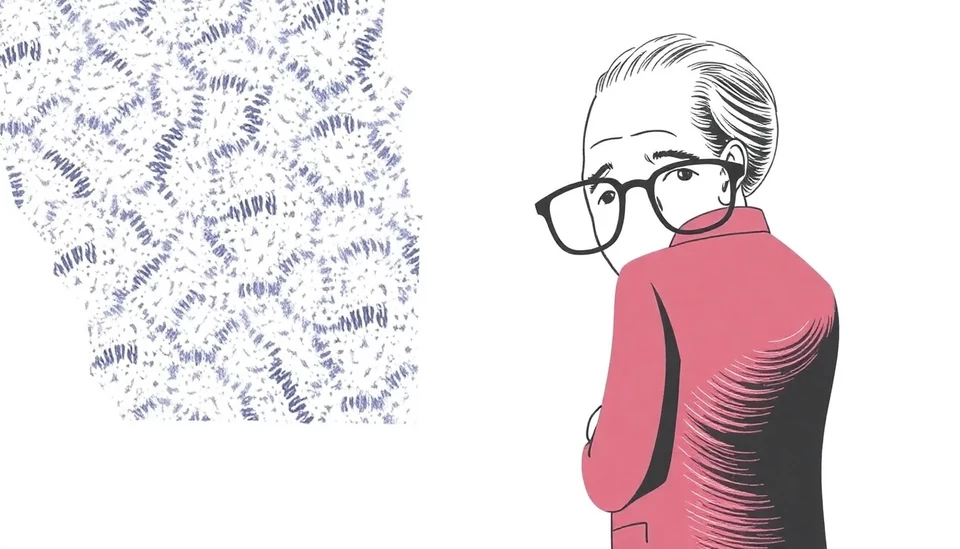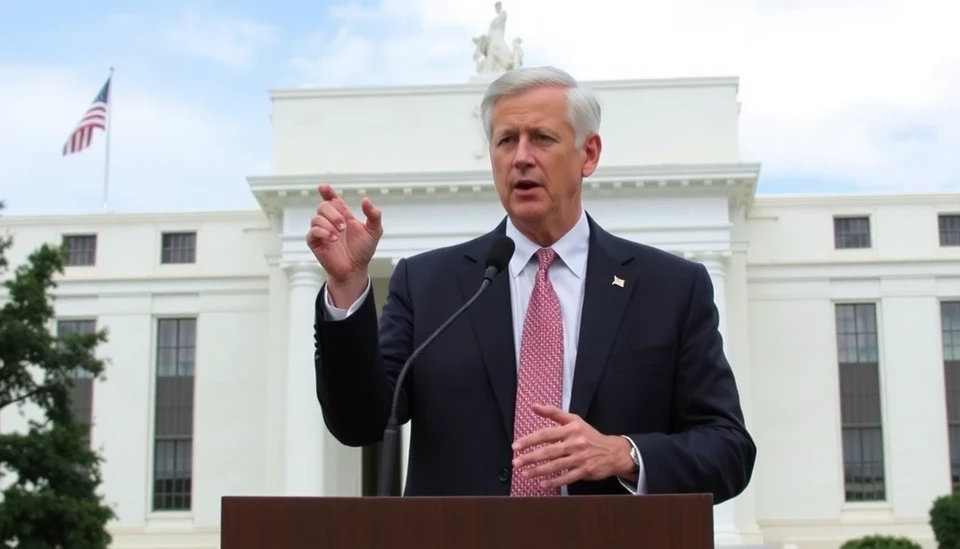
In an emerging trend that could have serious implications for the American economy, high-income households are significantly reducing their spending. This behavior change comes amidst a backdrop of economic uncertainty, rising interest rates, and inflationary pressures that have been felt across various sectors. The reduction in expenditure from wealthier Americans raises concerns about its potential ripple effects on businesses and overall economic growth.
According to recent data analyzed, spending among affluent Americans has witnessed a sharp decline, contrasting the robust consumption patterns observed during the pandemic recovery phase. Luxury retailers, high-end restaurants, and travel sectors have reported noticeable slowdowns in customer interest and purchasing behavior from their wealthiest clientele. This development is alarming, as affluent households typically contribute a considerable portion of consumer spending, which serves as a key engine driving the US economy.
The shift in spending patterns appears to be influenced by several factors, including heightened economic anxiety, concerns over investment returns, and a cautious outlook regarding future economic stability. As inflation continues to persist, even the wealthiest consumers are becoming increasingly mindful of their financial decisions, leading to a shift towards more frugal habits.
Financial experts have expressed concerns that if this trend continues, the potential reduction in consumption among high-earners could negatively impact businesses that cater to luxury goods and services, resulting in layoffs and broader economic ramifications. Since these entities account for a significant segment of the economy, a downturn in their performance could ultimately lead to a contraction in job growth and consumer confidence across the board.
Moreover, this retrenchment in spending by wealthy consumers comes at a particularly precarious time when an overall economic slowdown is anticipated. With the Federal Reserve’s focus on curbing inflation through interest rate hikes, increased borrowing costs for businesses and consumers alike could further dampen spending and investment. This cascading effect could exacerbate the economic challenges ahead.
Small businesses, which often rely on the discretionary spending of affluent consumers, may find themselves particularly vulnerable to these shifts. The potential decline in revenue and profits could prompt many to reduce their workforce or even close their doors, adding to the economic woes felt across the country.
As the situation develops, economists and policymakers will need to closely monitor these spending patterns and remain proactive in their approach. Strategies designed to encourage consumer confidence and support targeted sectors could be integral to sustaining economic momentum in the face of changing consumer behavior.
#Economy #ConsumerSpending #WealthyConsumers #LuxuryMarket #EconomicOutlook #Inflation #RetailTrends #USEconomy
Author: Daniel Foster




